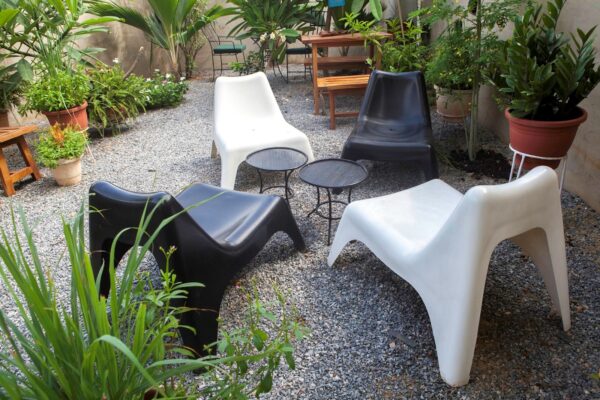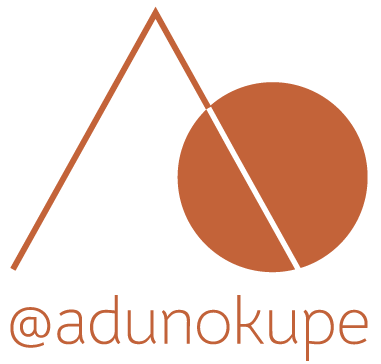Sustainability in Daily Living and Work Processes
Sustainability is a nebulous concept, I agree but it is not a far-fetched idea. In West Africa, with our developing economy challenges, contributing to sustainable development should be part of our daily living and work processes.
When I decided to establish INDIGO, the green shared workspace for creative and tourism sector agents at The Sahara Centre, I was determined to fill the space with furniture and supplies made in Nigeria. It was not easy and it meant in some cases, the process was more time-consuming and expensive than other alternatives provided. But we can only develop our countries by contributing to the learning and quality improvement process.

I wanted a serene environment which means that we could not rely on generators, so we are solar-powered. We run on the energy from natural elements and in essence, we are trying our best to be environmentally friendly (although there is a wider conversation on how the solar panels, inverters and batteries are manufactured).
It was also important for us to have a garden to cope with the noise pollution in Lagos. This single fact about our solar-powered workspace is still intriguing to many of our clients who have considered the decision I made a bold step. I am coming to appreciate that perhaps it is. Although long-term cost was a factor in my decision, the solar-power option is cheaper in the long run. That said, I understand that the initial capital outlay may be a deterrent for others.

Here’s my advice to organisations looking to integrate sustainability elements:
- Focus on your key stakeholders, employees, customers, wider community and suppliers
- Look at improving each element of your service delivery and introduce sustainability in your business processes in the little things
- Maintain green spaces or gardens to regulate the air quality in your work environment
- Promote responsible and efficient energy consumption
- Use locally-made products; support the growth of local industries
- Encourage work-life balance
- Provide your employees with clear contracts and their roles and responsibilities
Sustainability thinking is innovative thinking.
